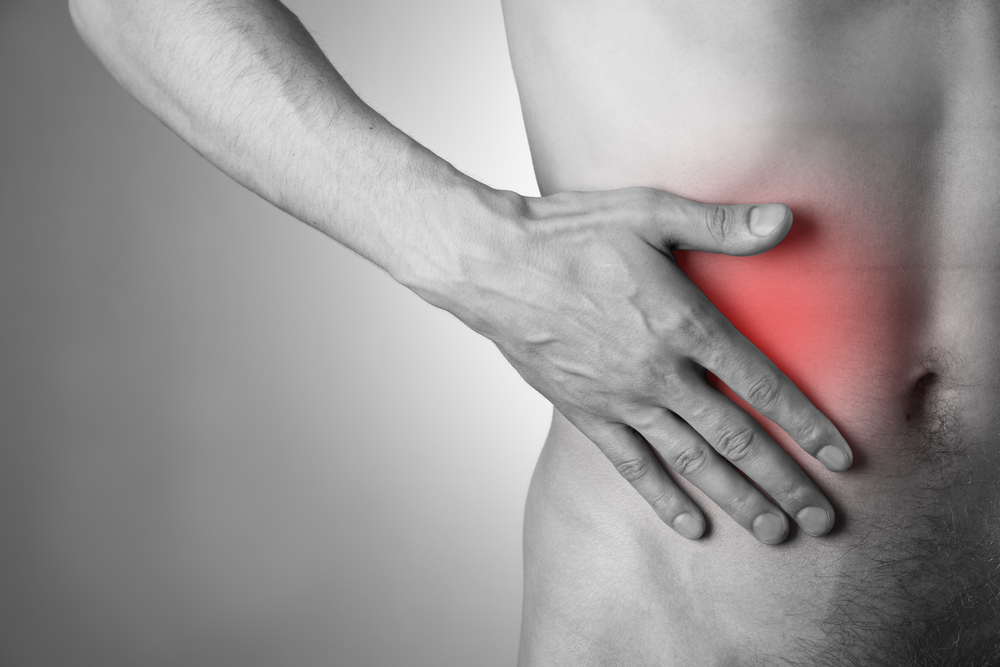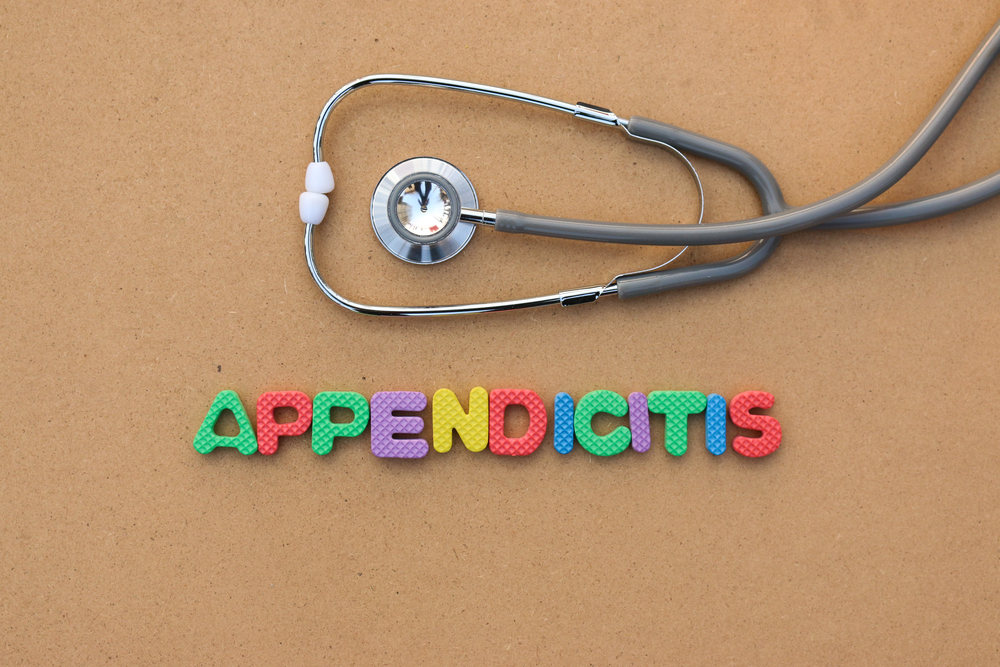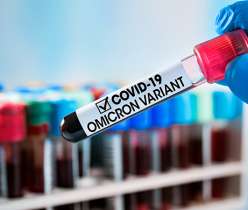We all have heard about appendicitis, but the condition is still strangely misunderstood. Appendicitis is an inflammation of the appendix that can cause abscess, peritonitis, ileus, or death.
Understanding Appendicitis
Appendicitis most commonly occurs in people younger than 30 years. Men are more likely to develop appendicitis as compared to women, a study suggests. It is the most common abdominal surgical emergency surgical emergency in the United States with a lifetime risk of approximately 7% to 9%. Appendicitis develops when your appendix (a small finger-shaped structure that sticks out from your large intestine on the right side gets inflamed and filled with pus). If not treated, an inflamed appendix can infect the lining of the abdomen. The condition can be a life-threatening condition.

Also Read: Is it Appendicitis?
Cause and risk factors
The exact cause of appendicitis is still not known, but it may cause an obstruction of the appendiceal lumen by faeces, seeds, parasites, foreign bodies, or tumours. An infection could also worsen appendicitis cause distension and swelling of the tissue. Serious complications may occur if appendicitis goes untreated. The complications may include:
- Gangreen- tissue injury and cell death
- Perforated appendicitis- The appendix ruptures, and feces contaminate the abdominal cavity resulting in a life- threatening infection which is termed as peritonitis
- Appendiceal abscess- A perforated appendix forms a pocket of pus inside the abdomen.
Symptoms of Appendicitis
The most common symptom of appendicitis is a pain in the abdomen region and a loss of appetite. An individual suffering from appendicitis experiences pain in the middle part of the abdomen. The pain usually travels downwards to the lower side of the abdomen. Physical activities such as jumping, moving, deep breathing, and even coughing can worsen your abdomen pain. People those who are suffering from appendicitis may also develop fever and experience other symptoms such as vomiting, appetite loss, and nausea. Abdominal pain increases with the progression of the disease. It is necessary to treat appendicitis at the right time to avoid rupture of the appendix, which can ultimately lead to further complications like abdominal infections. This can make appendicitis treatment more difficult. Other symptoms of appendicitis include diarrhea, constipation, and chills with a low-grade fever. The condition can easily be identified with the symptoms as well as with the help of physical and laboratory tests. In order to diagnose the condition, ultrasounds, abdominal CT scans, and diagnostic laparoscopy are done to diagnose the condition. Early diagnosis is necessary to prevent other medical condition with a similar condition such as cirrhosis, tuberculosis, kidney stones, gastritis, food poisoning, and Crohn’s disease. The biggest risk of appendicitis is the possibility of occurring infection and perforation of the appendix which can cause serious harm to health. Therefore treatments must be initiated as soon as possible.
Also Read: Ascariasis- Symptoms, Causes and Treatment
Ways to treat Appendicitis
Surgery is performed to remove an inflamed appendix. The surgery is known as an appendectomy. Healthcare specialist provides antibiotics and other painkillers to patients so that they can get rid of infections irrespective of whether the appendix has ruptured or not. There are other methods also that can be performed on appendicitis patients, and such procedures include laparoscopy or laparotomy. It is said that prevention is better than cure and the best way to prevent an inflamed appendix is by following a few simple dietary and lifestyle changes. One can avoid this condition by simply eating a diet rich in high fibre, eating fresh fruits and vegetables. Cucumber juice is very helpful in naturally preventing and treating appendicitis. It is good to drink enough amount of water as water, and fluid intake is helpful in flushing out harmful substances and toxins from the body. Water is also useful in preventing constipation problem. Nutrition plays a significant role in minimizing the risk of appendicitis. Include plenty of vegetables, whole grains, and fruits in your diet to prevent and treat appendicitis.




